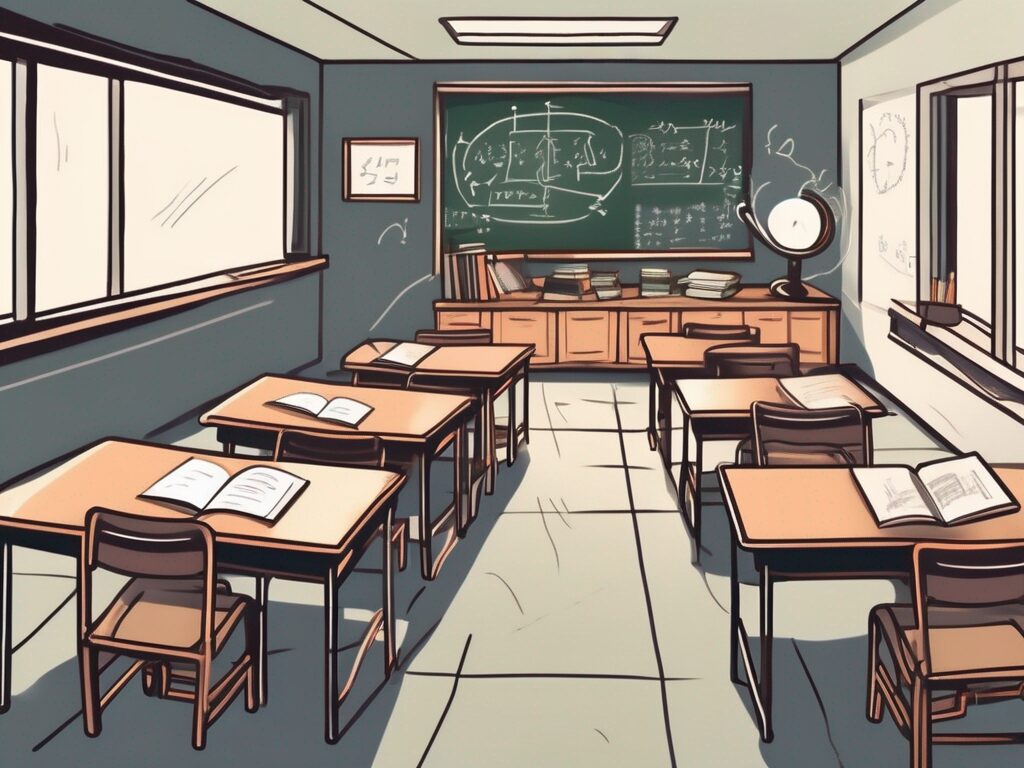Navigating South Korea’s Education Challenges: Insights for 2025
South Korea’s education system is frequently recognized as one of the most effective globally, boasting a literacy rate approaching 100% and a robust focus on academic excellence. However, beneath this commendable facade lie several significant challenges that merit attention, particularly for international educators and consultants. This guide aims to elucidate the current issues within the South Korean education landscape, including the high-stress environment, the role of private academies, and the need for curricular reform.
The High-Pressure Academic Environment
The South Korean education system is often characterized as a high-pressure environment, where students are subjected to rigorous academic demands. Extended study hours, frequently lasting late into the night, are commonplace due to the competitive nature of the educational framework, where academic performance is perceived as a critical determinant of future success.
This relentless pressure can precipitate various mental health challenges among students, including heightened anxiety and burnout. Alarmingly, South Korea has one of the highest youth suicide rates among OECD countries, underscoring the urgent need to address the mental well-being of students within this academic context.
The Influence of Private Academies (Hagwons)
Private after-school academies, known as hagwons, play a pivotal role in the South Korean education system. These institutions provide supplementary education, particularly in preparation for examinations. While they can enhance academic support, they also exacerbate the existing pressure on students.
- Students often attend hagwons for several hours post-school, significantly reducing their time for relaxation and extracurricular activities.
- This intense focus on academics can lead to an imbalance in students’ lives, adversely affecting their physical and mental health.
Challenges in Creativity and Curriculum Diversity
Another pressing issue within the South Korean education system is the insufficient emphasis on creativity and diversity in the curriculum. The predominant focus on examinations and rote memorization stifles innovative thinking and discourages independent inquiry.
Moreover, the curriculum tends to prioritize subjects such as mathematics and science, often neglecting the arts and humanities. This lack of curricular diversity can limit students’ exposure to a wide range of disciplines, potentially constraining their future career opportunities.
The Imperative for Educational Reform
There is a growing consensus regarding the necessity for reform within the South Korean education system. A transition from rote learning to a more holistic educational approach is essential. Key recommendations include:
- Increased focus on creativity, critical thinking, and problem-solving skills.
- Expansion of the curriculum to include a broader array of subjects, thereby fostering diverse interests and career pathways.
Addressing Socioeconomic Disparities
The socioeconomic divide presents a significant challenge in South Korea’s education landscape. Families with greater financial resources can afford private tutoring and hagwon attendance, creating disparities in educational attainment among students from varying socioeconomic backgrounds.
The financial burden of education can also strain families, compelling parents to invest heavily in their children’s academic success, often at the expense of other essential areas such as leisure and savings. This financial pressure can further exacerbate stress levels for both students and their families.
Strategies for Mitigating Socioeconomic Disparities
Addressing the socioeconomic divide in education necessitates a comprehensive approach, including:
- Policy reforms aimed at increasing funding for public education.
- Efforts to reduce reliance on private tutoring, thereby leveling the educational playing field.
By implementing these strategies, it is hoped that all students, irrespective of their socioeconomic status, will have equitable opportunities for academic success.
Enhancing Teaching Careers through IPGCE
As South Korea navigates the complexities of its education system, international educators are increasingly seeking avenues to enhance their qualifications and adapt to diverse educational frameworks. The International Postgraduate Certificate in Education (IPGCE) offers a comprehensive solution, equipping educators with the necessary skills to meet the rigorous standards of international schools while promoting career advancement and professional development. By enrolling in the UK’s premier Teacher Training Course, educators will join a global network, gain insights into international curricula, and enjoy the flexibility to balance their careers with further education. Seize the opportunity to elevate your credentials and impact within the education sector. Join the UK’s #1 Teacher Training Course today and take a decisive step towards overcoming the challenges in education.

